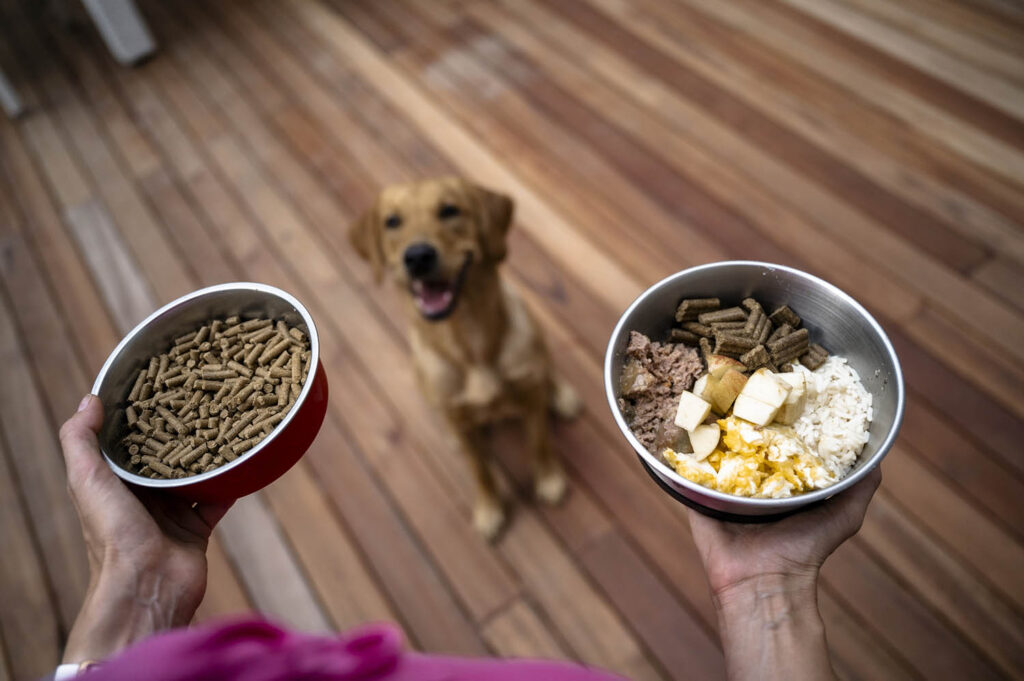As dog owners, we often find ourselves sharing our food with our furry friends. From table scraps to treats, it’s easy to wonder which human foods are safe for dogs. One curious addition that some people might consider sharing with their dogs is popy seeds. But can dogs have poppy-seeds? In this article, we will explore the potential risks and benefits, nutritional value, and important considerations regarding popy seeds and canine health.

Table of Contents
What Are Poppy Seeds?
Poppy seeds are tiny, oil-rich seeds derived from the poppy plant, specifically the Papaver somniferum species. They are often used as a culinary ingredient in various dishes, including baked goods, salad dressings, and as a topping for bread. Although poppy seeds are commonly consumed by humans, it’s essential to assess whether they are safe for our canine companions.
Nutritional Value of Poppy Seeds
Before diving into the question of whether dogs can eat poppy seeds, it is valuable to understand the nutritional profile of these tiny seeds. Poppy seeds are:
- Rich in Healthy Fats: Poppy seeds contain omega-6 fatty acids, beneficial for coat health and overall wellness.
- High in Dietary Fiber: They can aid in digestion and help regulate bowel movements.
- Source of Essential Minerals: Poppy seeds are a good source of calcium, magnesium, and phosphorus, all important for maintaining healthy bones and teeth.
While poppy seeds do boast some nutritional benefits, the potential risks associated with them often outweigh the positives when it comes to our dogs.
Can Dogs Eat Poppy Seeds?
The Risks of Poppy Seeds for Dogs
When it comes to whether dogs can have poppy seeds, the general consensus among veterinarians and pet health experts is a firm no. Here’s why:
- Potential for Toxicity: Poppy seeds can contain small amounts of opium alkaloids, including morphine and codeine, which are naturally occurring compounds in the poppy plant. Dogs are more sensitive to these alkaloids compared to humans, and even a small amount of poppy-seeds can lead to adverse effects, including lethargy, respiratory depression, and even coma.
- Gastrointestinal Upset: Consumption of poppy-seeds may lead to digestive issues in dogs, such as vomiting and diarrhea. Dogs have different digestive systems than humans, and their inability to process certain foods can result in gastrointestinal distress.
- Possible Allergic Reactions: Like any food item, dogs may have individual sensitivities or allergies to poppy-seeds. Symptoms of an allergic reaction may include itching, swelling, and gastrointestinal discomfort.
Monitoring for Symptoms
If your dog happens to ingest a small amount of poppy-seeds accidentally, it’s crucial to monitor for any signs of distress. Potential symptoms of toxicity may include:
- Lethargy
- Disorientation
- Dilated pupils
- Slow or irregular heart rate
- Difficulty breathing
If any concerning symptoms arise, you should consult your veterinarian immediately for advice. It’s always better to be safe than sorry when it comes to your dog’s health.
Alternatives to Poppy Seeds
If you’re looking for safe human food options to share with your dog, there are plenty of alternatives that provide health benefits without the risks associated with poppy seeds. Here are some dog-friendly foods:
Pumpkin Seeds
Pumpkin seeds are a safe and nutritious option for dogs. They’re rich in antioxidants, zinc, and fatty acids that support skin and coat health. Just like poppy-seeds, they can be fed to dogs in moderation but should be unsalted and unseasoned.
Chia Seeds
Chia seeds pack a nutritional punch! They are high in omega-3 fatty acids, fiber, and protein. They are safe for dogs and can be sprinkled onto their regular food for added health benefits.
Flaxseeds
Flaxseeds are another healthy alternative. They are excellent sources of omega-3 fatty acids and fiber, promoting heart health and improving digestion. Make sure to grind flaxseeds before feeding them to dogs to enhance nutrient absorption.
Safe Treats and Foods for Dogs
If you’re keen on introducing variety to your dog’s diet, consider incorporating safe fruits, vegetables, and proteins instead of poppy-seeds. Here are some safe options:
- Fruits: Blueberries, bananas, and watermelon (without seeds).
- Vegetables: Carrots, sweet potatoes, and green beans.
- Lean Proteins: Chicken, turkey, and salmon (cooked and boneless).
Always remember to introduce new foods gradually to avoid upsetting your dog��s stomach and consult your veterinarian if you’re unsure about a particular food item.
Conclusion
In conclusion, the question, “Can dogs have poppy-seeds?” is best answered with a resounding no. Due to the potential risks of toxicity and digestive upset, it’s advisable to keep poppy-seeds out of your dog’s diet. Instead, focus on more dog-friendly treats that provide health benefits without adverse effects. Safety should always come first, and when in doubt, consult your vet for guidance on your dog’s dietary needs.
Dogs deserve the best, and making informed decisions about what to feed them is part of ensuring their long-term health and happiness. So next time you’re tempted to share your baked goods topped with poppy-seeds, remember that it’s better to stick to the treats specifically designed for pups!



